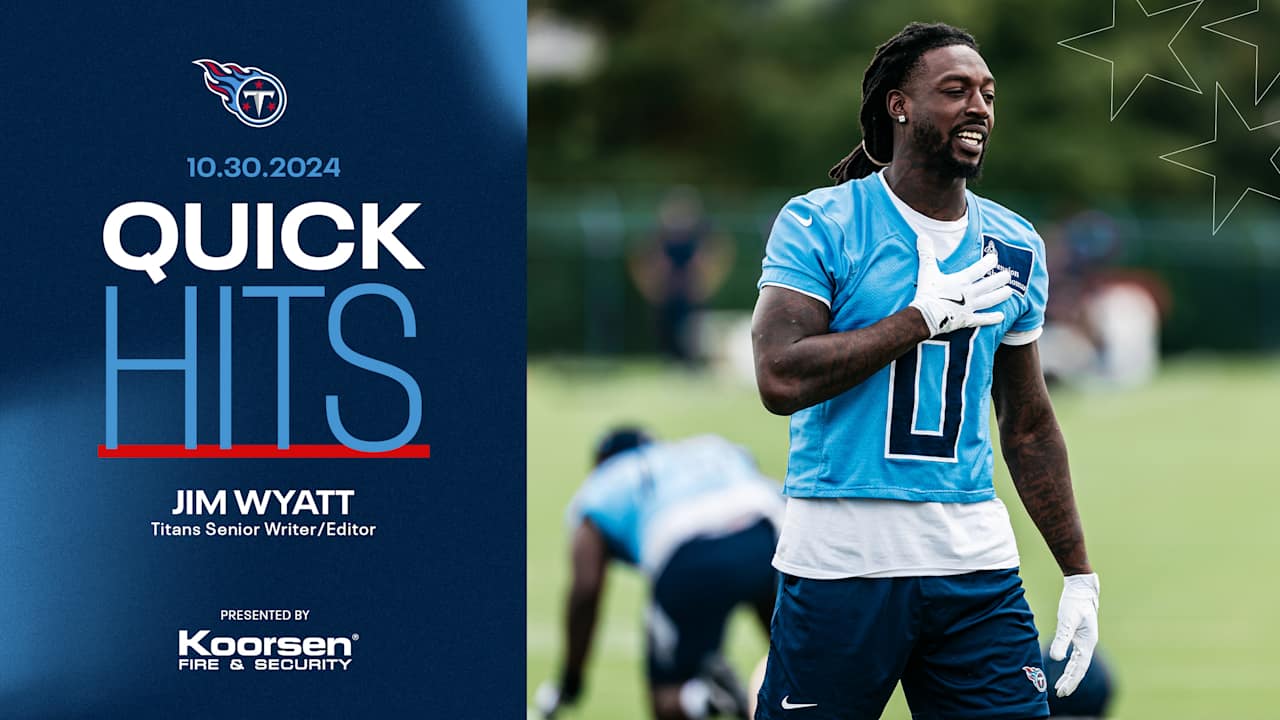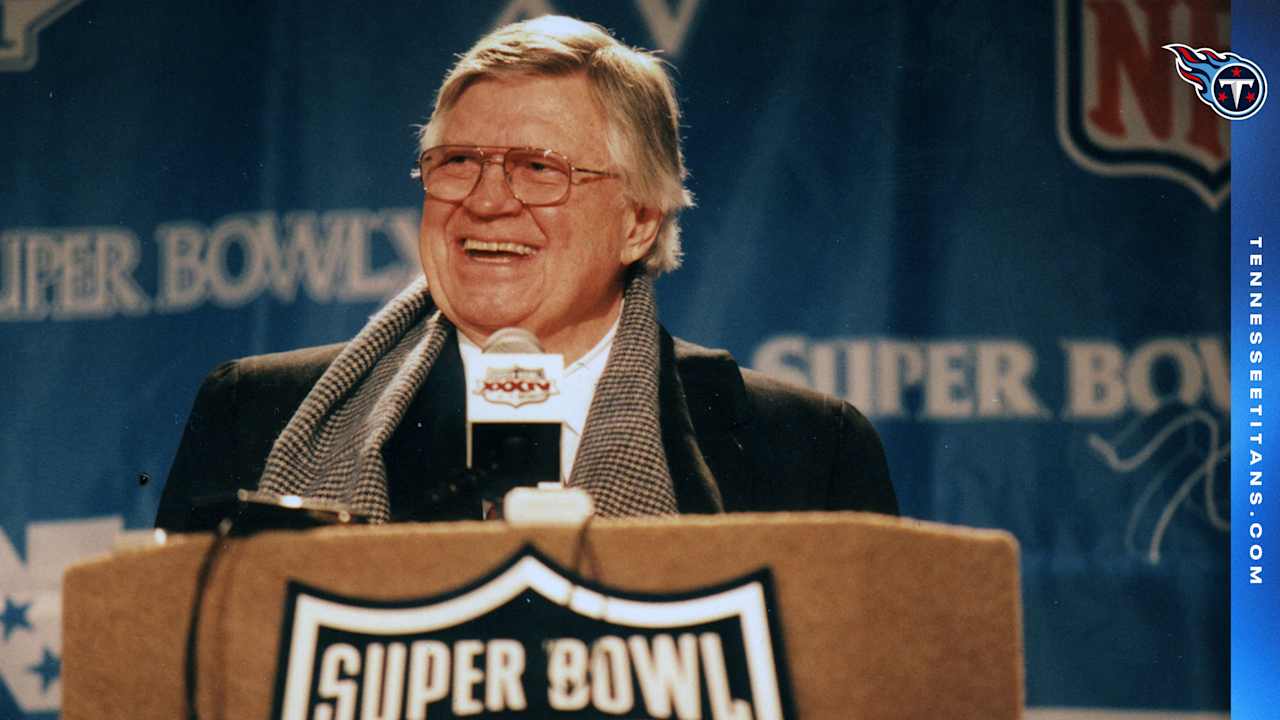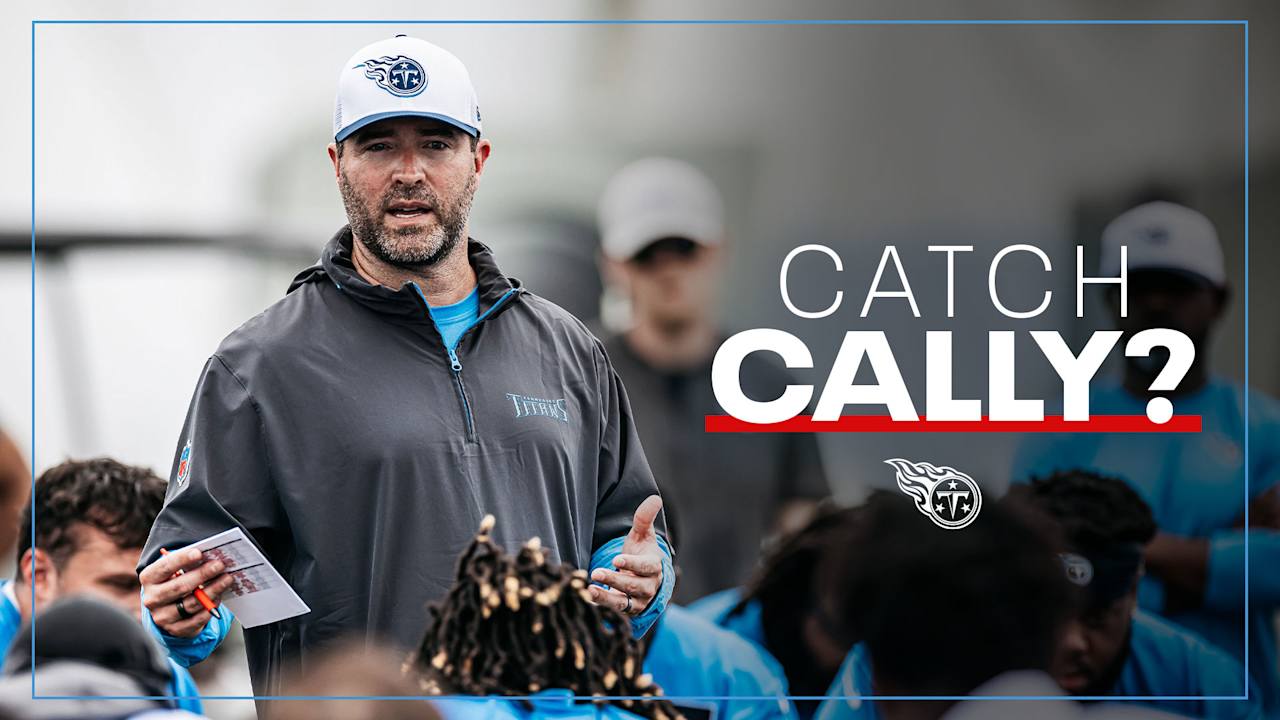On the evening of Thursday, July 28, Kevin Aviance received a text message from his friend and house sister Nita Aviance. She’d sent him a track listing for an album that he hadn’t heard yet — and listed under the album’s 15th song, his name was credited with a sample. “I said, ‘What is this?’ And she said, ‘That’s Beyoncé’s album,’” he recalls of the exchange. “I was fully like, ‘Stop messing with me, girl, I’mma talk to you later.’”
But in the wee hours of the next morning, Renaissance arrived. When Aviance played “Pure/Honey,” the song his name appeared under in the official credits, he heard his own voice from his 1999 track “C-nty” serving as an intro to the deep house track, chanting, “C-nty, c-nty, c-nty, c-nty.”
“It was so incredible and made me feel like I was on top of the world,” he tells Billboard over the phone. “I needed it so bad, just in my life — there was this validation of being heard, if that makes sense?”
On an album dedicated by Beyoncé to “all of the pioneers who originate culture, to all of the fallen angels whose contributions have gone unrecognized for far too long,” making sure that unsung heroes were heard was certainly part of the goal. Aviance cemented his legacy back in the mid-’90s as a legendary performer in New York City’s drag and ballroom scenes — Renaissance, he offers, is a spotlight for him and other members of his community to finally get their shine.
It also helps that Aviance really likes the album. “It’s amazing. I keep listening to the album and finding all these new things and picking others samples out,” he says. “It just takes me back to all of these times in the ’90s, of just hearing those songs and being on the dance floor at The Roxy (the now-closed Chelsea nightclub), and missing all of my friends — I’m just so appreciative of this album, it does a number on me.”
Aviance is far from the only black queer star to be given a platform on Renaissance; throughout the LP, stars like Big Freedia, Syd, Honey Dijon and Syd all earn credits for writing, production or samples. Even on “Pure/Honey,” Aviance is joined by fellow ballroom pioneers like MikeQ and Kevin Jz Prodigy with a sample of their song “Feels Like,” as well as the late Moi Renee whose club track “Miss Honey” receives a closing sample on the song. “She would have loved it. She would have lived to know that she was on the album,” Aviance says, remembering his “dear friend” Renee. “I can hear her now, just talking about this. She would have lost it.”
There’s an important distinction Aviance is quick to make when discussion Renaissance — appreciation and appropriation. Especially when it comes to ballroom culture, the community can be very protective of their traditions. “You can just hear it, that she is not stealing anything,” he explains.
Going further, Aviance offers Beyoncé’s headline-making 2018 Coachella performance as an example of the star celebrating rather than exploiting aspects of community. “She didn’t go to an HBCU, and yet, she turned that damn performance out! She brought a full marching band, and a step show, her whole catalogue, it was one of the most beautiful things I’ve ever seen in my life,” he says. “Folks can say whatever they want to, but Bey is doing her homework, period. There is nothing light about it, she goes all in for it.”
Aviance adds that even sampling multiple ballroom songs utilizing the word “c-nt” shows the depth of Beyoncé’s understanding — while oftentimes considered derogatory, especially in the U.S., Aviance explains that in ballroom culture, the word “c-nt” exists in an entirely different context. “It was always an anointment, that’s the word I tend to use,” he says. “It is me saying that I am fierce, I am amazing, no one can stop me.”
After releasing the song on his 1999 album Box of Chocolates, Aviance says that “C-nty” went on to become a staple not only in his own repertoire (“Every Pride Month comes around, and this song, for the last 25 years, comes back up again”), but also in the ballroom community itself. “It became a theme for the balls in the femme queen performance category, where the girls would keep coming and doing some vogue to it,” he says.
When looking at Renaissance‘s immediate impact, Aviance is struck by the importance of seeing house music back on the charts — but he takes issue with the implication that Beyoncé is heralding a “return” of house. “House never left,” he says, matter-of-factly. “House music has always been there, and there are still amazing, beautiful house artists out there making incredible music — Ultra Naté, Monique Bingham, Louie Vega … I mean, Mariah Carey always puts out a really fierce David Morales house remix of every single she puts out.”
However, he concedes that seeing the culture surrounding house music get its shine — a culture largely defined by the black queer icons like Frankie Knuckles who birthed the genre — is a nice change. “The thought that she spent this whole time during COVID crafting this love letter — she heard us,” he says.





